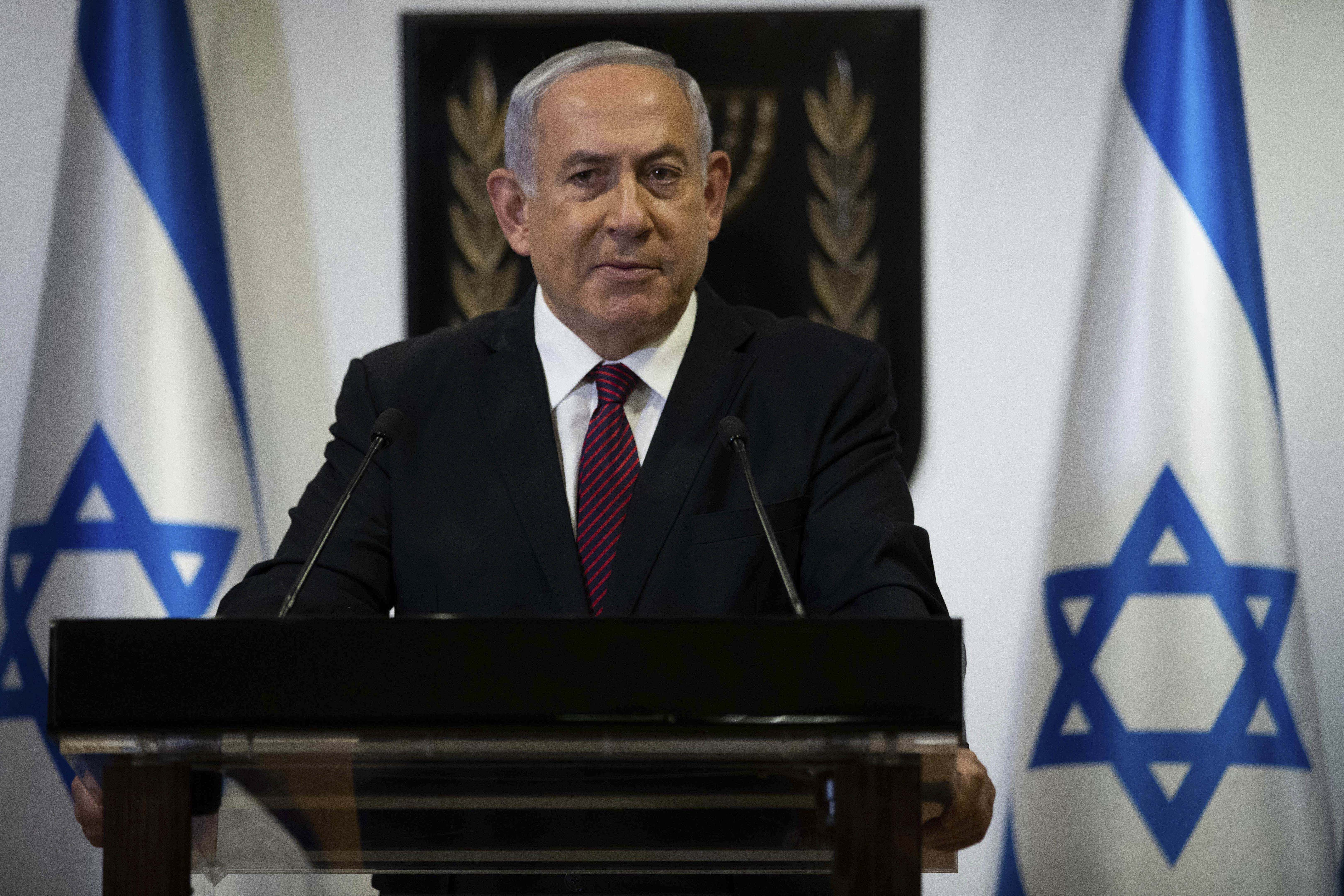This Thursday marks two months of war in Gaza. On October 7th, Hamas managed to enter Israel, causing a massacre and kidnapping more than two hundred people. From that moment on, the offensive that Israel would launch was clear. The Israeli army's bombardment and the days of ceasefire have now brought Gaza to the point where it faces a "great risk of collapse of the humanitarian system" as UN secretary general António Guterres has stated. In fact, he has invoked an article of the UN Charter - a method rarely used by the leader of the global body - to apply pressure for a new ceasefire. His letter left it clear that Gaza's humanitarian system is on the verge of collapse after two months of war which has caused "atrocious human suffering".
Guterres invoked Article 99 of the UN Charter, which says that the secretary-general can report to the Security Council on matters he believes threaten international peace. Thus, he is expected to put even more pressure on the Council for a new (and definitive) ceasefire. In response to the measure, Israel's ambassador to the UN, Gilad Erdan, says that the secretary has used the article to pressure Israel, and has accused the head of the UN of "a new moral low" and "bias against Israel".
Another figure who has also reacted is the head of EU foreign policy, Josep Borrell, who sided with Guterres and showed his support for invoking the article. "The United Nations Security Council must act immediately to prevent a total collapse of the humanitarian situation in Gaza," he said.
House-to-house fighting continues
Israeli forces and Hamas are fighting house-to-house battles across the Gaza Strip. As the Israel Defence Forces (IDF) have pushed their way through the heavily-shelled urban areas of northern and southern Gaza, Hamas has increasingly relied on improvised explosive devices to inflict casualties and slow the attack. The focal points of the fighting in the past two days have been the Jabalia refugee camp and the Shuja'iyya district in northern Gaza, and Khan Younis and Bani Suheila in the south.
The deaths in Gaza from Israel's attacks have exceeded 16,800 since the beginning of the war, according to the health ministry of the Gaza Strip, controlled by Hamas, reported this Thursday, while in the last few hours there have been dozens of deaths due to constant Israeli bombings. Since the outbreak of war two months ago, on October 7th, the confirmed victims in Gaza from Israeli attacks are 16,827, 70% of them women and children, reported the enclave's health ministry, controlled by Hamas. It stated that the number of injured is also more than 44,000.
Among the dead are 286 medical staff, who have died as a result of "Israeli violations against the health system", and dozens of health facilities "have been damaged". According to the health authorities, last Tuesday the figure for those killed on a single day in Gaza reached 414 and there were almost 800 wounded, "half of those, severely".
About 1,200 people were killed by the Hamas attack on October 7th, according to Israeli figures, placing the death toll since October 7th at more than 18,000.
Netanyahu digs in
Since the ceasefire, and in the face of the two-state solution proposed for years, Israeli prime minister Benjamin Netanyahu is standing firm. He has emphasized on several occasions that his intention is to eliminate Hamas, but no one knows what he has in mind for the Gaza Strip when that happens. He states that the intention is neither to invade, nor to annex, nor to conquer, and thus, despite the country's unity on the war, its leader finds himself at a complicated juncture.
Thus, on Wednesday he reiterated that Israel does not intend to hand over control of Gaza to the Palestinian National Authority (PNA), a body with its power limited to small areas of the occupied West Bank, but also an organization that continues to be present in the Gaza Strip with more than 60,000 officials. "As long as I am prime minister of Israel, this will not happen," Netanyahu said on his social media account on X, where he also accused the PNA of leading children to support "terrorism", as well as financing it, and of "supporting terrorist families".
These have not been Netanyahu's only controversies over the last day. This Wednesday he also stated that he will not give access to any international force to demilitarize Gaza, while the strong Israeli military offensive against Hamas in the coastal enclave continues. "There is only one force that can ensure the demilitarization" of Gaza, "and that is the Israeli army", he remarked in a press conference with his defence minister, Yoav Gallant, and another minister of the war cabinet, Benny Gantz.
"There is no other international force that can be responsible for this. We saw what happened in other places where international forces were brought in to demilitarize," said Netanyahu, who reiterated that "the only way to end the war and to do it quickly is to take decisive new action against Hamas and eradicate it."
Hamas will not negotiate further ceasefires with Israel
In this context, a new ceasefire does not seem likely in the near future. Hamas has made it clear that it will not start a new negotiation process with Israel or release more hostages unless attacks on the Gaza Strip stop - while the Israeli army has expanded its operations after the ceasefire was broken on December 1st. "We reiterate that there will be no negotiation or exchange (of hostages) if the aggression does not stop," said the representative of Hamas in Lebanon, Osama Hamdan, in a press conference from Beirut.

